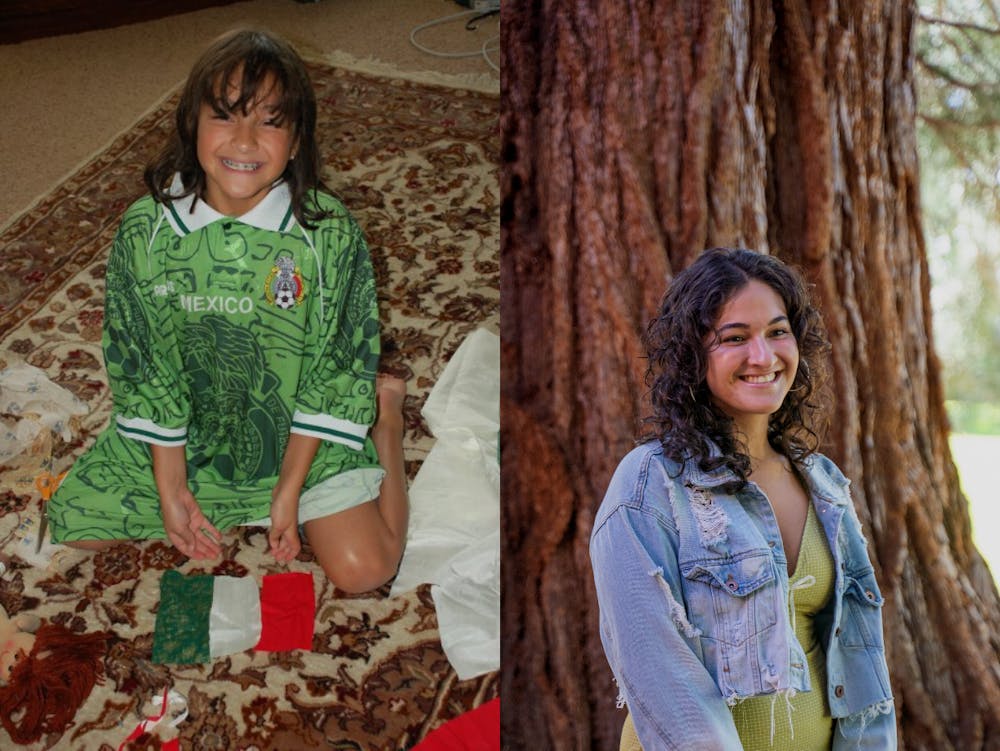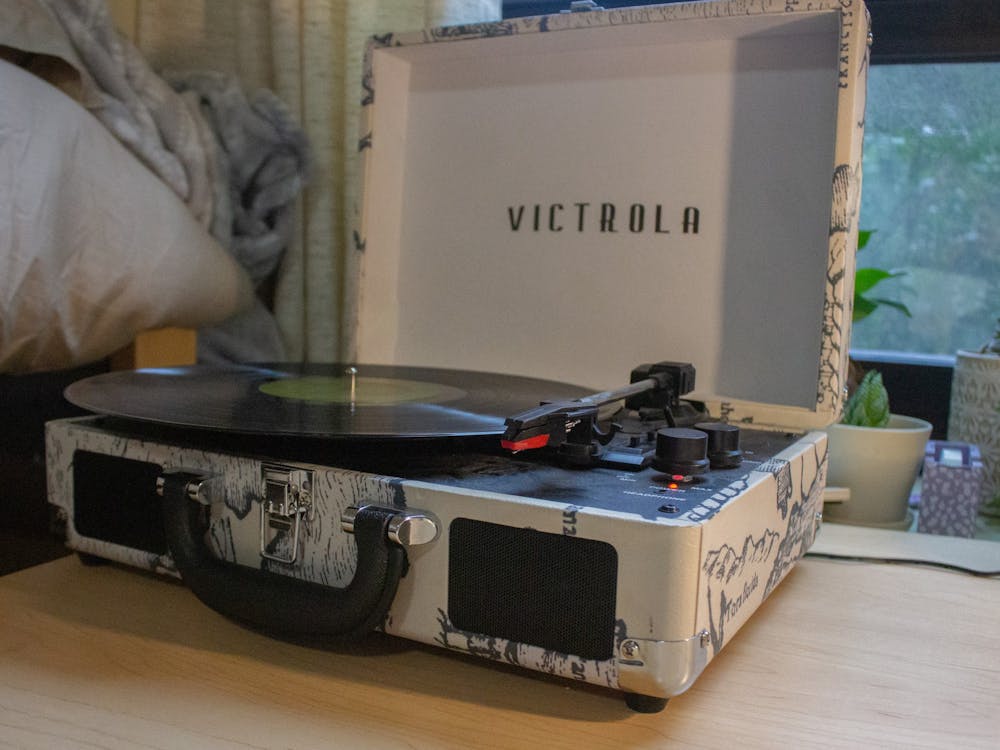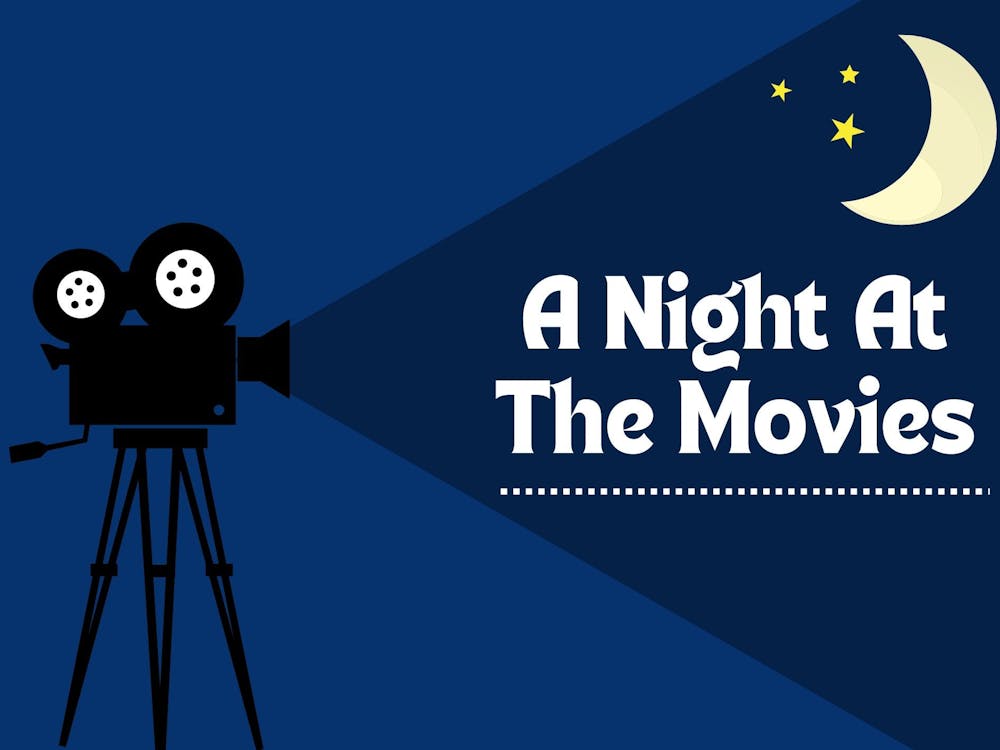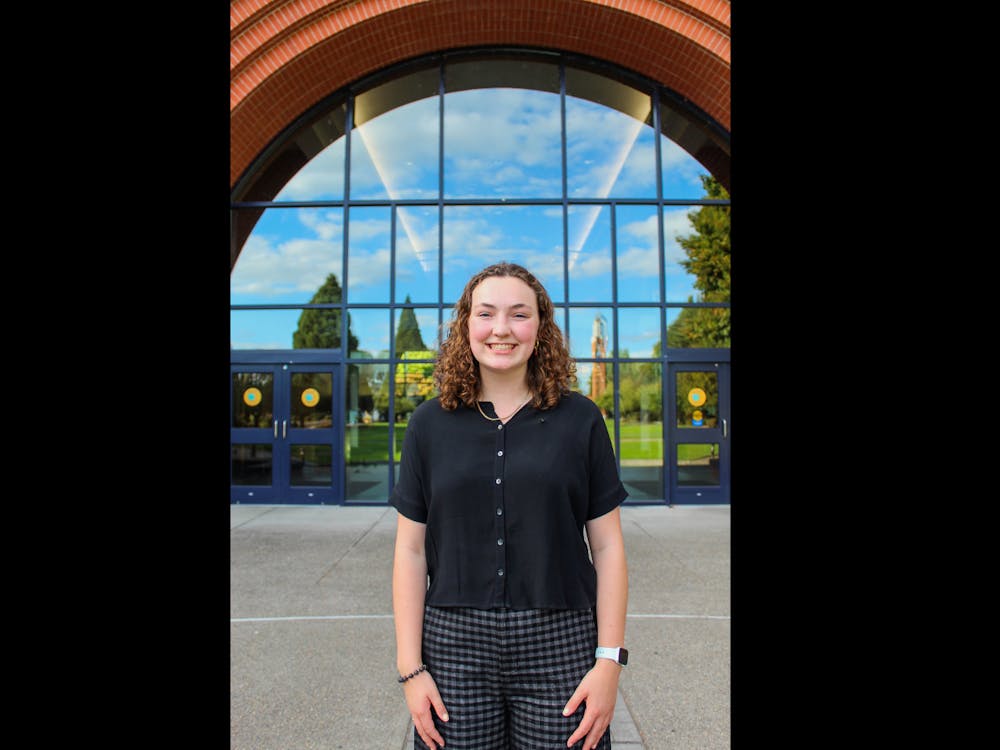“¡Hola Prima! ¡Felicidades!”
I beam into my smartphone camera as I accept the facetime request. It’s my cousin calling to wish me a happy birthday. In her elated greeting, the language for the conversation is informally set, and we start catching up in Spanish.
Last time we spoke, it was a conversation in English. It feels a little strange to be the one forgetting words this time around.
It used to always be the other way around. She would always practice her English with me. Her family used to send her up from Mexico to stay with mine in Texas for a while since the best way to learn a language is immersion.
Now I’m stumbling through our catch-up in my imperfect Spanish because I actually want to be fluent in Spanish.
I tell her about school and work:
“Estoy muy ocupada aquí, con la escuela y el trabajo. No tengo mucho tiempo para salir.”
She wants to take me out next time I visit Tampico (the city in Mexico where my family is from). But I’ll need a lot more practice until I’m comfortable speaking Spanish around strangers.
I’ve always wanted to improve my Spanish, but I just haven’t found the time.
Funnily enough, Spanish was somewhat my first language. I learned how to talk between my mom and abuela (grandmother) — both native Spanish speakers. But I lost pieces of it somewhere within my American upbringing.
“Has cambiado — tu español está mucho mejor.”
She comments on how confident I sound in Spanish. Maybe the Spanish music I listen to is subconsciously penetrating my brain’s language center.
Since I stopped taking Spanish classes in high school, I’ve held tightly to the fragmented Spanish that I understand, hoping that it brings me closer to the heritage I find difficult to partake in.
Since I’m only half-Mexican, I feel the need to justify my heritage in many cases. It’s difficult to feel like I’m part of the community when I have lighter skin and don’t "look" Mexican.
“Tu pelo se ve muy bonito!”
She compliments my hair — I've started wearing it curly since I last saw her. Just another one of the slight changes I’ve made that makes me feel validated as a Latina. It shouldn’t, but it does.
My dark and attentively curled hair is one of the only physical ties to my Mexican heritage. Passed down from my mother, I’ve grown to care deeply about it since connecting it to my culture.
It’s been through a lot since I started at UP. As a freshman I sported bleach blonde hair that was a textured mess, for lack of a better description. The last time I visited Mexico was around this time too. I was actually nicknamed “gringa” (foreigner) by all our family friends.
Since then, I’ve embraced my curls as part of me. Yet I can’t help but dislike the dependency I’ve placed on them.
As our conversation dwindles, I think about the irony of my Mexican identity growing deeper since leaving Texas.
“Pues, te veo en tres semanas. ¡Adiós!”
I hang up, feeling much better about my language skills. It’s one of the longest Spanish conversations I’ve had in a long time.
I know that my level of Spanish capacity doesn’t make me more Mexican — neither does my curly hair. But it makes me feel like I belong.
What I’ve learned is that being Mexican has no clear guidelines. It doesn’t matter whether you look white or brown, speak Spanish or not, you don’t need to reach a certain threshold to belong to a community.
I may not be accepted as Latina by some groups of people, but my family accepts me. Y eso es lo que importa.
Chiara Profenna is the DEI Editor for The Beacon. She can be reached at profenna23@up.edu.
Have something to say about this? We’re dedicated to publishing a wide variety of viewpoints, and we’d like to hear from you. Voice your opinion in The Beacon.








